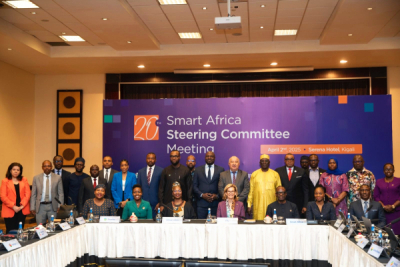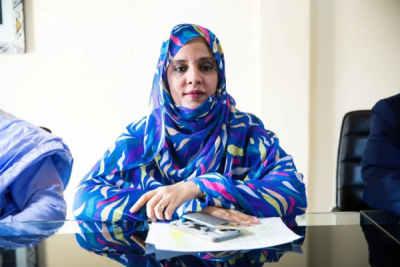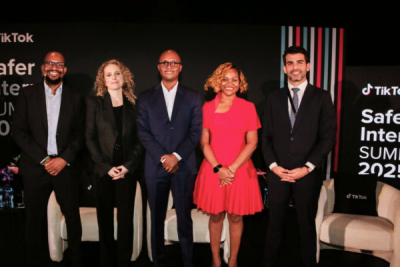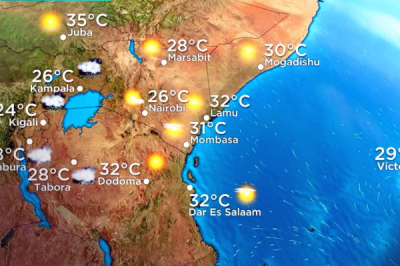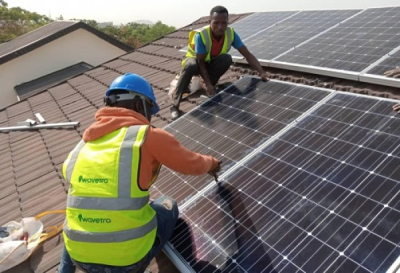Artificial intelligence is rapidly reshaping sports worldwide, and in Africa, it offers significant potential to modernize the sector, improve performance, and drive economic growth, especially ahead of major continental sporting events.
Africa is poised to host a series of major sporting events, including the 2025 Africa Cup of Nations (AFCON) in Morocco, the 2026 Youth Olympic Games in Senegal, and the 2030 World Cup, co-hosted by Morocco. These events present significant opportunities for economic and technological advancement, beyond their sporting significance.
A March 2025 report by multinational management and technology consultancy BearingPoint, titled "Intelligence artificielle et sport en Afrique," highlights the growing role of AI in organizing and enhancing sports events across the continent. The report identifies AI as a tool for large-scale optimization, modernization, and value creation.
AI for Optimized Organization
BearingPoint's report indicates that AI can revolutionize sports event management in Africa by optimizing key areas. This includes logistical planning, crowd control, security, ticketing, and visitor flow forecasting. For athletes, AI enhances performance through game data analysis, injury prevention, personalized training programs, and fitness monitoring. Spectators benefit from personalized offerings, optimized content delivery, and improved accessibility solutions.
The integration of these technologies throughout event organization could stimulate local economies, optimize resource management, and enhance Africa’s international appeal.
Measurable Economic Impact
The economic impact of major sporting events is substantial. The 2010 World Cup in South Africa generated approximately 130,000 jobs and $385 million in revenue, while the 2019 AFCON in Egypt yielded $83 million. AI can maximize these returns by refining demand forecasts and optimizing service efficiency.
This trend aligns with global momentum. A Mordor Intelligence study projects the AI market in the sports industry to grow from $5.93 billion in 2024 to $20.94 billion by 2029, with an average annual growth rate of 28.69%. This growth reflects increasing interest in AI within the sports sector.
A dynamic SportsTech ecosystem is emerging in Africa, blending sports and innovation. In 2023, investments in this sector reached $5.3 million. AI is being utilized for talent identification, performance enhancement, injury prevention, and infrastructure management. This movement, driven by startups, incubators, and sports institutions, has the potential to drive sustainable growth.
Addressing Key Challenges
However, significant challenges remain. These include a lack of robust digital infrastructure, insufficient investment, a shortage of specialized skills, and the absence of a clear regulatory framework for personal data management. Stronger public-private sector collaboration is essential to overcome these obstacles. This includes implementing appropriate infrastructure, developing local skills, and establishing suitable regulatory policies.
By integrating AI throughout event preparation and organization, African sports events can become catalysts for digital transformation. AI is positioning itself as a strategic lever for modernization and enhancing the continent's attractiveness.
By Samira Njoya,
Editing by Sèna D. B. de Sodji



